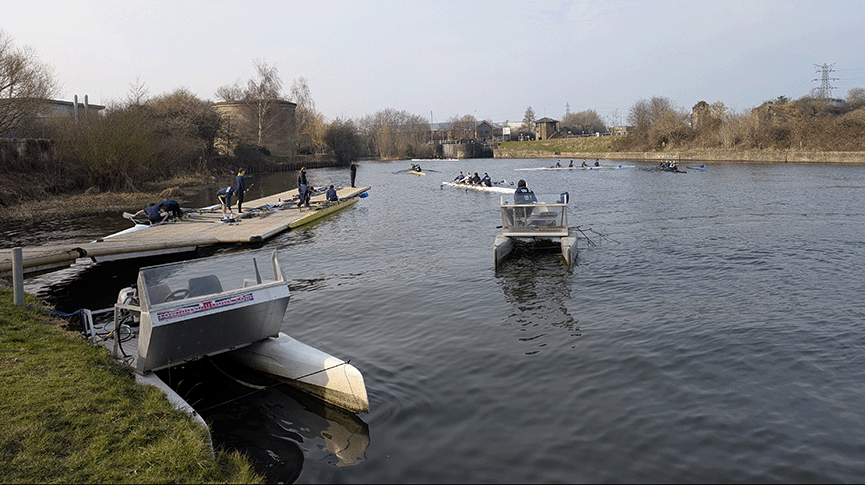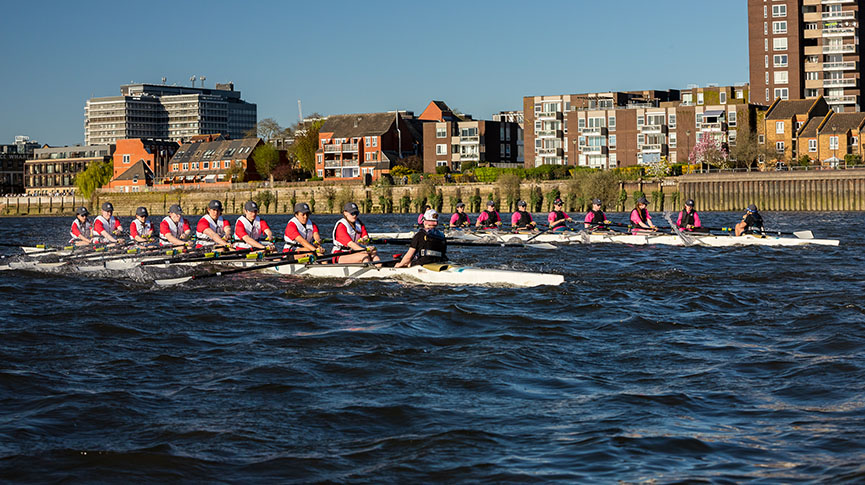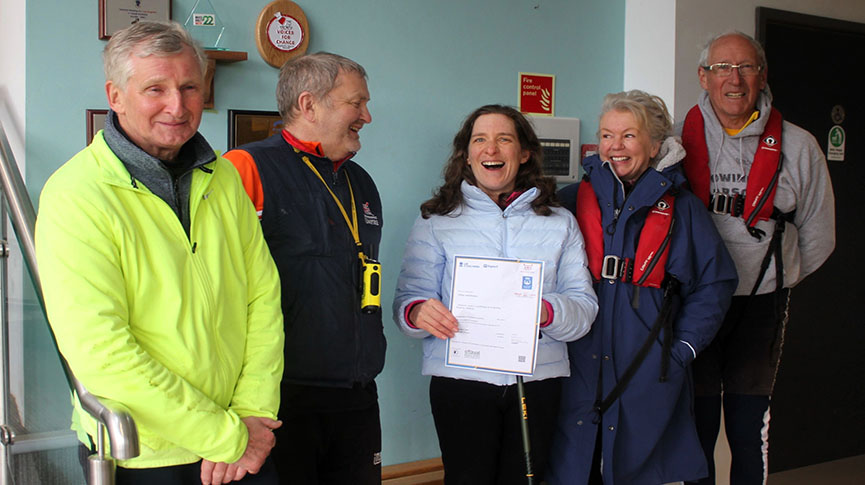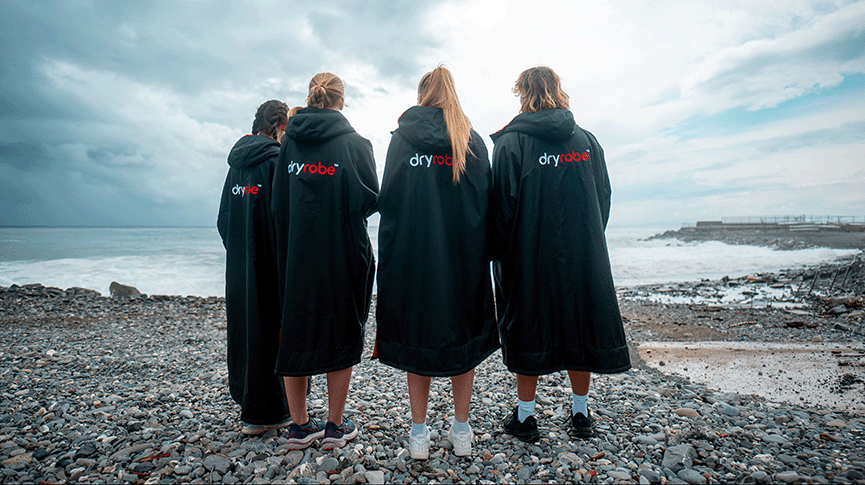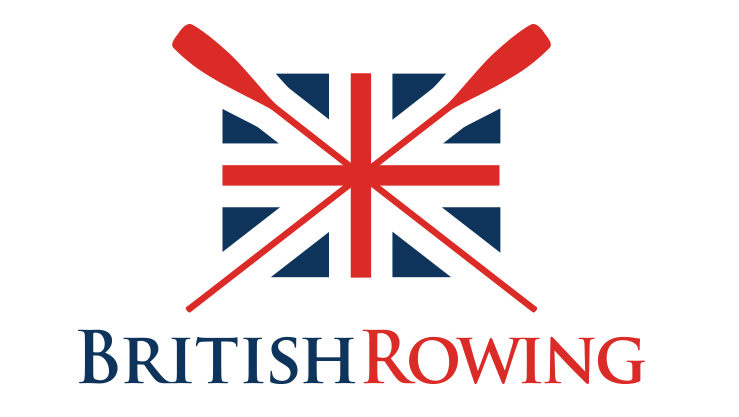Top tips for starting indoor rowing
Inspired to take up indoor rowing after seeing the Mizuno British Rowing Indoor Championships? Master Trainer Denise Page shares her top tips on getting started
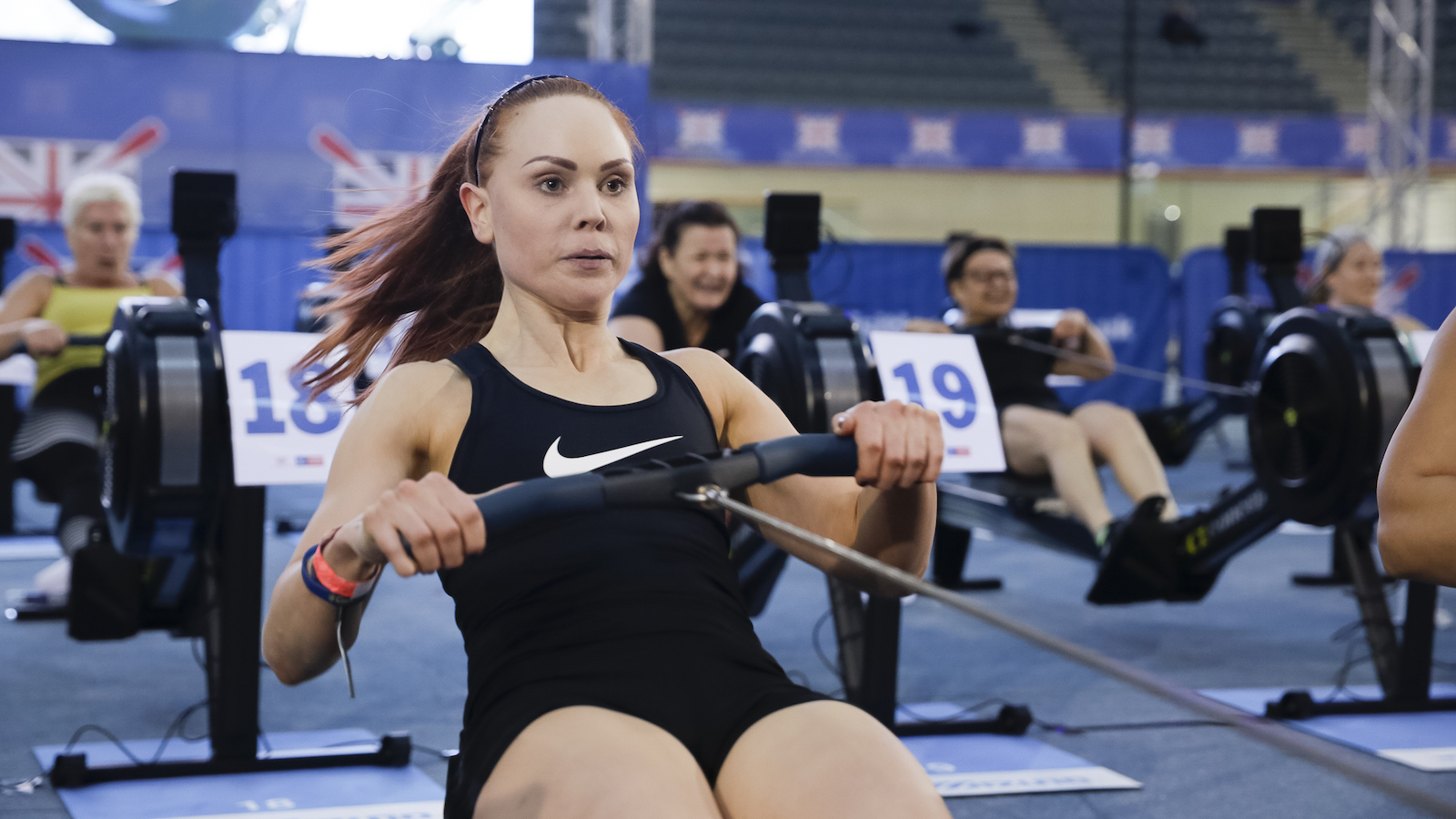
(photo: Nick Middleton)
British Rowing Master Trainer Denise Page shares her top tips for starting indoor rowing if you’ve never done it before, for those of you inspired by the Mizuno British Rowing Indoor Championships earlier this month.
Can anyone try indoor rowing?
“Absolutely they can. The great thing about indoor rowing is it can be adapted for all levels of fitness and ability.
“The rowing machine can be used using a lot of effort or with a lighter resistance. One of the things which gets me excited about the Go Row Indoor class is that a beginner and a more experienced rower can row side by side and both get a great workout.”
Don't forget you can have this exclusive content before everyone else if you sign up the Go Row Indoor Newsletter here.
What are the benefits of indoor rowing over other types of cardio activity?
“It is low impact with very little stress on the joints, which makes it great for the knees and back. It is a whole body workout. Most forms of cardiovascular workouts are legs only, for example, running and cycling. Rowing uses the upper and lower body, which makes it a great calorie burner as well as truly effective for making the heart and lungs more efficient.”
What are the most common mistakes made?
“A lot of people think of rowing as a pulling action but it is actually a pushing action; the legs need to initiate the drive. It is similar to doing a deadlift; the power comes from pushing with the legs.”
What is the most important thing to remember?
“Practice pushing with the legs, then let the torso of the body join in by leaning back and finally the arms finish the drive. To return do the opposite sequence (arms/body/legs).”
When you first start, how often should you indoor row?
“That depends on your fitness level and what your body is used to. The Chief Medical Officer recommends we are physically active for 150 minutes per week at a moderate intensity (slightly out of breath but can have a conversation and be a little sweaty). This can be in bouts of sessions no shorter than 10 minutes. Rowing would be perfect for the beginner starting off in 10-minute bouts and then building up to longer sessions; it can contribute to the 150 minutes per week.
“For fitter beginners they could do longer or work at a higher intensity.”
What training advice would you give to someone just starting?
“Work at an intensity which makes you feel like you have done something but does not make you feel you have worked too hard. Log your progression, as it can be very motivating to see how you are getting fitter. If you can, find a Go Row Indoor session near you as it is more fun in a group.”
What other advice would you give someone when taking up a new sport for the first time?
“Make sure you get the correct advice in relation to technique; you get so much more out of an activity if you get the technique right.
“Set yourself a realistic goal that is easy to measure. It needs to be specific and have a timescale. Be prepared for the things in life that sometimes get in the way, if you fall off the plan, get back on it again as soon as you can.”
If this has inspired you to give indoor rowing a go, here’s a guide to British Rowing technique. Or check out our Go Row Indoor workout videos for a fun 20-minute indoor rowing workout that packs a punch.


